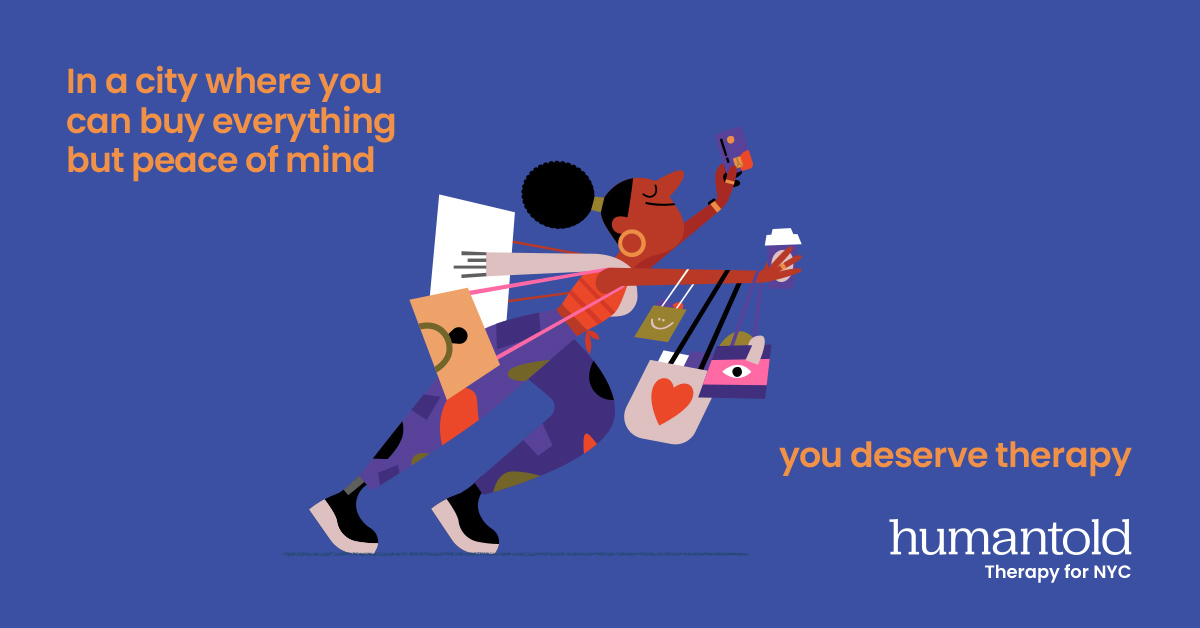In today’s society, we are influenced by the hustle culture that solely glorifies productivity, monetary gains, and achievements. We often feel tempted to sacrifice our wellbeing to keep up with the rising cost of living. From healthcare to housing, the rising expenses can quickly leave many feeling financially strained. In this society and its escalating costs, self-care often feels like a luxury rather than a priority. However, amidst the societal pressures and financial expectations, we must recognize the key role that self-care plays in our wellbeing.
What Happened To Self-Care?
Self-care has become secondary when meeting the demands of life. However, we fail to recognize that it is the ultimate investment in ourselves. Self-care helps us with sustainability, inevitably, creating a happier and healthier life. It creates space for us to stay conscientious, connected, and committed.
Self-care is something that must be learned. It requires practice. It can be any action, which is intentional, to better one’s physical, emotional, and mental health. Self-care is not selfish. It does not have to be expensive or overindulgent. Self-care is the avenue to wellness, which insists on balancing work, activity, and mindfulness in order to meet our core needs and work towards self-preservation.
How To Distinguish Self-Care From Self-Indulgence?
Self-indulgence, unlike self-care, is unrestricted. It provides temporary relief, from whatever struggle or challenge we are facing, with an immediate dopamine rush. Examples of this look like splurging on luxury items beyond one’s means, consistently overeating on rich and unhealthy foods, and binge-watching TV shows to avoid important tasks. These habits can lead to a cycle of dependence on quick pleasure which can result in negative long-term issues like financial difficulties, diminished wellbeing, and both physical and mental health complications.
On the other hand, self-care is a process that requires both self-awareness and control. When trying to meet deadlines, pay rent and groceries, and afford childcare, many find that there is little time for rest and relaxation. We begin to adapt to the demands of our environment. The truth is, we do not know how to prioritize ourselves. By investing in ourselves, we become better equipped to navigate the world where the rising costs of living and burnout are progressively more widespread.
How Can I Engage In Self-Care With The Cost-Of-Living Stress?
Self-care can alleviate the stressors associated with the rising cost of living. Self-care can be defined as here-and-now decisions that will positively and long-term impact our wellbeing. Increasing mindfulness of our current state can allow us to make lasting change and respond accurately to a situation rather than react to it. Make an effort to check in with yourself at least once per day. Try asking yourself one of these questions:
Check In Questions
- Ask yourself, “How am I doing in this moment? What do I need?”
- Ask yourself, “What matters most in this moment?”
- Ask yourself, “What are my priorities right now?”
After asking yourself one of those questions, can you follow up with an action or behavior that aligns with your answer?
Learning how to properly engage in self-care can take time, patience, and trial and error. Let us look at barriers that may come with self-care in the cost-of-living crisis and how to challenge them.
Self-Care Barriers and How to Challenge Them
It is easy to overlook our basic needs when we feel immense pressure to succeed, have time constraints due to work and life obligations, and may lack access to affordable resources.
Let us say we asked ourselves after the workday, “What do I need?”
In this moment, the answer may be something like, “I desperately need a break. I wish I could, but I have to cook dinner and finish my work from earlier.”
Here, we can identify the barrier as an assignment deadline and the priority for work productivity.
During this moment, try to ask yourself, “How will my decision right now impact my wellbeing long-term?”
The first step involves recognizing that there is an identified need. Taking the pause to check in with yourself will reduce the likelihood of self-neglect. Individuals who prioritize self-care tend to develop greater self-compassion, resilience, and are better equipped to navigate emotional, physical, and mental challenges. This leads to greater satisfaction in life, saving the cost of burnout, stress, time, money, and other expenses in the long term.
Examples of Self-Care
Self-care activities will positively contribute to our overall wellbeing, foster healthier relationships, and improve our mood and functioning. It allows us to be more attuned to our feelings and needs by strengthening boundary setting practices enabling us to prioritize our own wellbeing and set limitations within ourselves and with others. The long-term effects help empower us to better manage stress levels with financial pressures and uncertainty. Remember that you are worth the investment.
Here are some examples to get you started with self-care (with additional resources below):
- Movement – Joining a gym, exercising, walking, and stretching
- Mindfulness – Learning relaxation techniques, yoga, and meditation
- Social Activities – Spending time with family and friends and trying new hobbies
- Limiting Indulgences – Managing social media use, limiting excessive spending habits, and monitoring substance use (caffeine/alcohol)
How will you check in with yourself and implement self-care?
Ultimately, it may seem tempting to sacrifice our wellbeing in search of financial pursuits or societal pressures. The reality is that self-care is not a luxury, but a necessity and a priority. By making the intentional choice to invest in ourselves, we are not only improving our quality of life but also creating the capacity to thrive in an increasingly stressful and demanding world.

